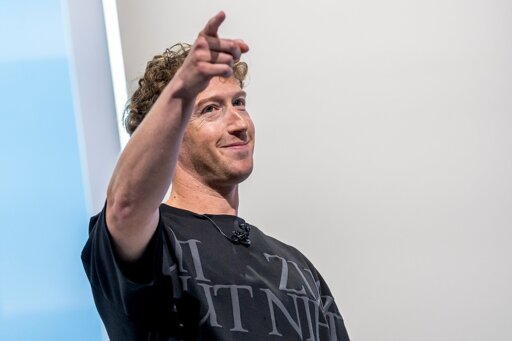Love this, it’s a way better way to think about it.
And to your other point, since an artist is never finished, just over working on it, one can never be judged 🤣🤣🤣
Krita is awesome and free. You can create your own brushes too. Make sure to save everything though, you kind of start over fresh with each update.
I am not anywhere near that well practiced.
Again, a great way to look at it. Great skills and a great outlook. I wish lemmy let me follow your work.


















I loved AC Shadows, a really fun game. I was surprised though, Mirage was shit.